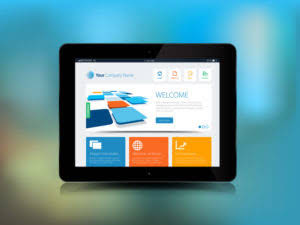Bookkeeping basics: A guide for small businesses
But the best way to keep up with your accounts is by scheduling consistent times designated for balancing the books. An easy practice is to set aside a block of time whenever your credit card statement is due and combing through that month’s transactions to ensure they are accurate. This should typically take an hour or two and will simplify bookkeeping for small business your life come tax season. Small-business owners know that smart money management is one of the most crucial aspects of success, regardless of how much revenue a company brings in. How you keep your books can make or break your business, because those accounting records are the only true representation of your profits and losses.
The Best Accounting and Invoice Software Reviews of 2024 business.com – Business.com
The Best Accounting and Invoice Software Reviews of 2024 business.com.
Posted: Thu, 25 Apr 2024 07:00:00 GMT [source]
Accurate bookkeeping is vital to filing tax returns and having the financial insights to make sound business decisions. From payroll taxes to managing invoices, efficient bookkeeping smooths out the process of all your business’s financial tasks and keeps you from wasting time tracking down every dollar. At least once a week, record all financial transactions, including incoming invoices, bill payments, sales, and purchases. You may do this every month, but at the very least, balance and close your books every quarter. Choosing between single and double-entry bookkeeping often depends on your company’s volume of transactions. With single-entry bookkeeping, you record each transaction as a single entry – this method is similar to balancing a checkbook.
Step 1: Choose a business structure
Cash flow is the amount of money that comes in and out of the business. Keeping an accurate record of all incoming and outgoing transactions is the primary task of bookkeeping and a legal obligation for your business. That means, each time you make a purchase or receive a payment, the information needs to be stored, along with the amount. You’ll also want to make sure that you set up a business bank account to keep your business finances separate from your personal finances.
Consider taking some short bookkeeping or accounting courses to learn more. You might want to begin with Bookkeeping Basics or Intuit Bookkeeping, both offered by Intuit on Coursera. You can also learn how to use Excel to keep your books or create your business budget with Google sheets. If you decide to grow your business or sell to consumers, you’ll need to transition to the accrual method to meet generally accepted accounting principles (GAAP). This can be challenging if you’ve operated under the cash method for a long time, but it will most likely be more efficient.
Take control of your financial records
QuickBooks even has a version for freelancers and self-employed individuals. In this article, we’ll go over the fundamentals of bookkeeping, as well as what you’ll need to implement a bookkeeping system for your business. As you establish the financial side of your business, here are five best practices to keep in mind when creating a functional bookkeeping system. Try Shopify for free, and explore all the tools you need to start, run, and grow your business.



Plaats een Reactie
Meepraten?Draag gerust bij!